Premier League Results
 |
Premier League 2014/2015 scores, Football England - FlashScores.co.uk
The biggest news in Germany during the course of last week was the renewal of Marco Reus’ contract until 2019. The attacking midfielder has been sought out by almost every big team in Europe in the last couple of months and given the current position of Dortmund in the league and recent history of the club’s transfer deals, many thought that it was a matter of time before he bids farewell to ‘Die Schwarzgelben’. But no, he surprised everyone by extending his contract.
There are a lot of indications to the new deal though and among them here are a few:
- Loyalty
What makes Marco Reus different from former team mates Robert Lewandowski and Mario Götze (who has Bavarian roots) is his high level of emotional attachment with the city and the club. Reus was a Dortmund born player who grew up playing for the club until being sold when he was 17 because of his ‘physical weakness’. But after impressing in lower division club Rot Weiss Ahlen and helping Borussia Mönchengladbach finish 4th in the 2011-12 season after helping them avoid relegation a year before, Reus returned to Dortmund choosing them over Bayern. And the fact that he has remained true to his team under difficult circumstances goes to show his love for BVB.
Borussia Dortmund’s Sporting Director Michael Zorc even compared him to Steven Gerard. And Reus himself said, ‘I am very happy with my decision. Dortmund is my home city and Borussia is simply my club.’ This has sparked a light at the Signal Iduna Park. Marco Reus has become the symbol of loyalty and was even applauded in the dressing room by the players.
Besides putting hope in the hearts of the fans, Reus’s decision will also set an example for other team mates, which was seen in the recent news that Ilkay Gundogan will also hold talks with the club for furthering his contract.
- Season rescued?
The news couldn’t have come at a better time than after a thumping 3-0 victory over fellow strugglers SC Freiburg, first win of the year and the biggest margin of victory of their league campaign so far. These two factors seemed to have a great effect in the whole morale of the team.
And on Friday BVB showed real character and determination to come back from behind, for the first time this season, to beat Mainz on Friday. Reus got a goal in the match and set up Aubameyang beautifully for the third goal.
He was the best player on the pitch and he helped his team move clear off of the bottom three and level on points with their opponents. It looks as if the Borussia Dortmund we all know is back.
- Higher release clause
If Dortmund get relegated no one would be surprised to see Reus leave after all, as did players like Gareth Bale and Luis Suarez after renewing their contract. But the club will be relieved to know that the highly rated and probably the most wanted player in Europe will be sold for a deserving price.
If there’s anything Dortmund have learned from the recent departure of Striker Robert Lewandowski is that if you can’t keep your top players you should at least benefit from the transfer money and the club seem to have not repeated that mistake.
And considering how Reus has developed in the last couple of years, a large sum of money is expected from anyone interested in signing the 25 year old and this will enable the club to reinforce and acquire world class players.
Written by Brook Genene
Follow Brook on Twitter @brookbvb
Like O-Posts on Facebook
You can also follow O-Posts on Twitter @OPosts







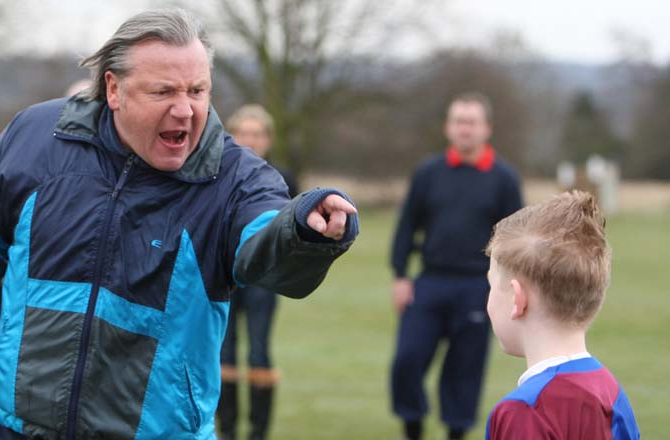
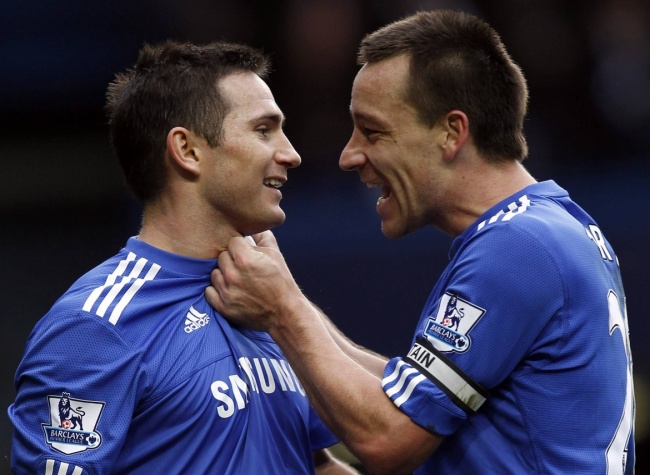
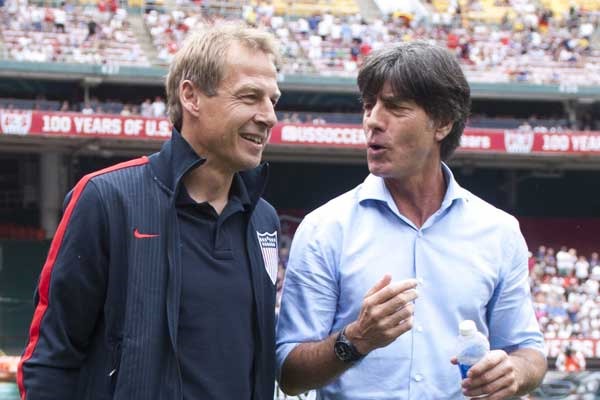

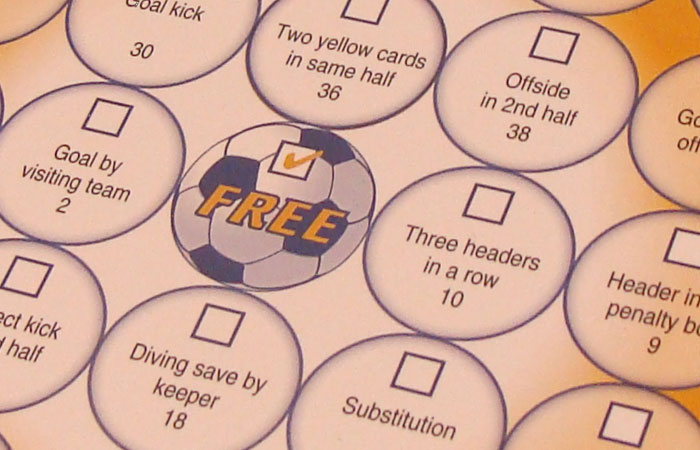


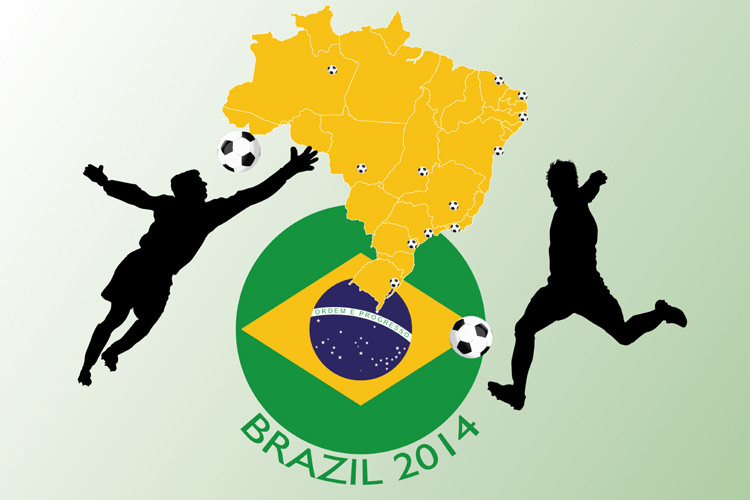
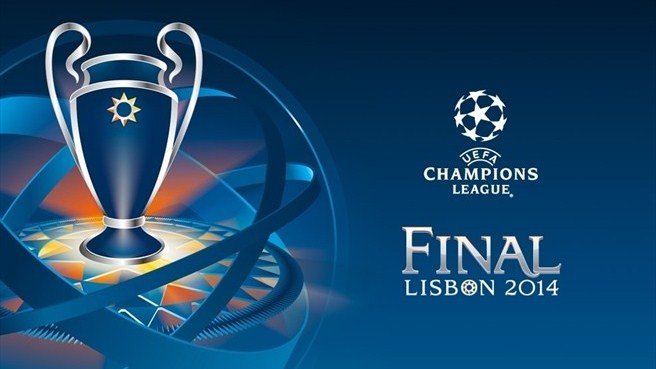

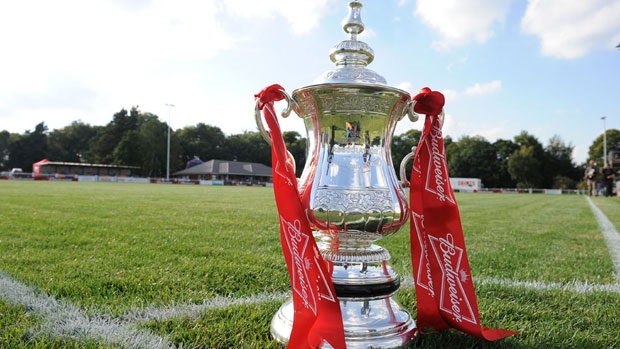

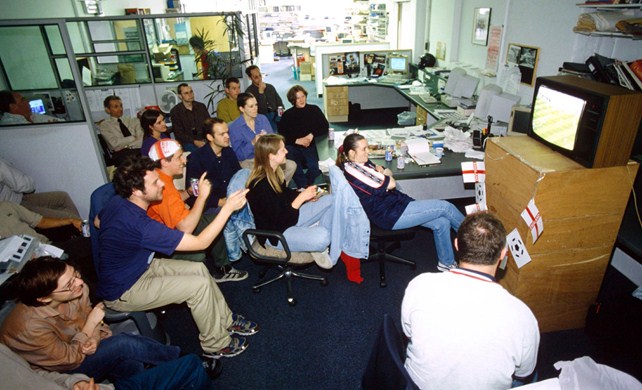
 Football News 24/7
Football News 24/7